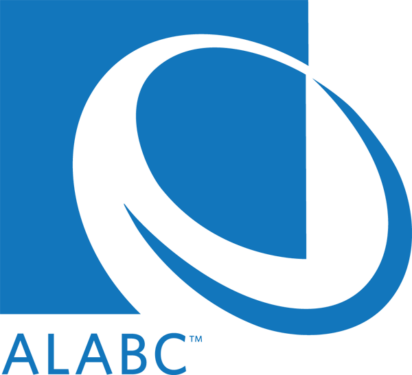A slew of projects aimed at improving lead-acid performance for fixed energy storage and for automotive were announced at the Advanced Lead Acid battery Consortium technical workshop in Hangzhou, China last week, with Chinese firms taking the major role in many of them. With eight Chinese battery majors now full members of the quarter century old research group, Programme Manager Boris Monahov said that any doubts about lead-acid’s future were completely dispelled by Chinese enthusiasm for the chemistry.
It seemed almost no stone is being left unturned in trying to crank up the energy density and cycle life as companies examine additives, lead carbon technology new formation methods and new grid alloys grid alloys.
In particular ALABC will be focusing on two communications programmes to ensure OEM vehicle developers are aware of the latest lead acid 12V micro hybrid and 48V mild hybrid lead battery developments. Another will focus on encouraging lead batteries to be specified as product of choice in utilities and domestic energy storage.
According to Alistair Davidson of ALABC, two additional projects are underway for auto makers: the first to reassess data collected from past ALABC demonstration projects conducted with Ford, Kia, Hyundai and Honda.
The second is to collect new data in line with that requested from OEMs using existing current demonstration vehicles.
Work expected to be completed by June 2017.












